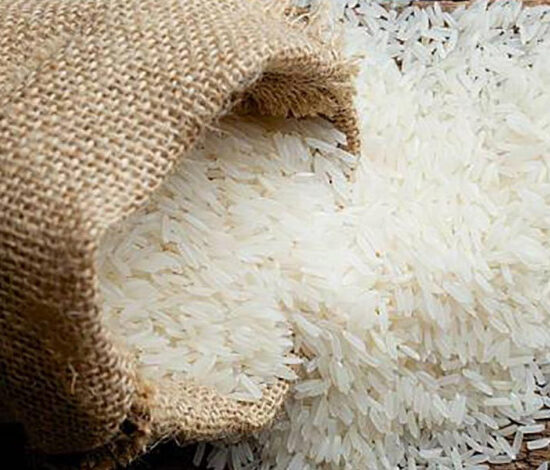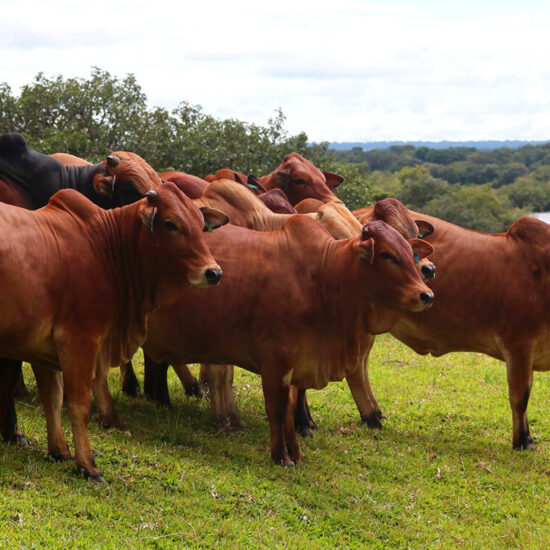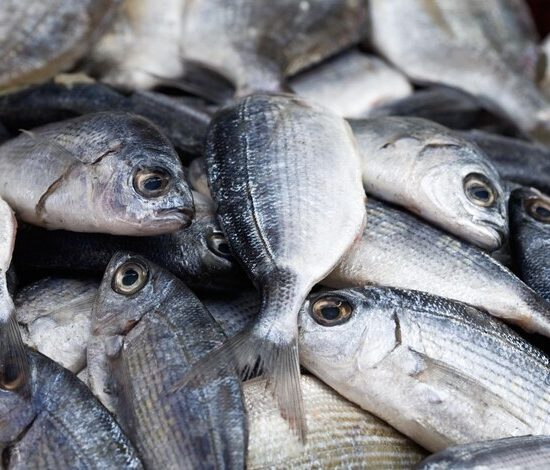
The Cotton Association of Zambia-CAZ says it is working towards addressing the various challenges that have been affecting the production of cotton in the country.
Association Executive Director John Ngwenyama explained that cotton is a profitable crop but challenges such as access to certified seed and certified chemicals have contributed to the low production of cotton in the country.
Speaking in an interview with the Zambian Business Times-ZBT, Ngwenyama said the cotton seed is not readily available on the market and sometimes ginners give farmers recycled seed which cannot produce high yields therefore the need to provide farmers with certified seed.
Ngwenyama added that some of the chemicals given to farmers are not certified so this affects their ability to control the pests in their farms, which also contributes to the low yields.
He explained that the yield per hectare has reduced due to the aforementioned challenges because farmers harvest 300kg-500kg of cotton per hectare when they could be getting around 1500kg-2000kg per hectare if the right measures are put in place, a situation which is making it difficult for farmers to make a good profit when they sell their cotton.
The Executive Director said even if the ginners buy cotton at a good price, if farmers continue to get 300kg-400kgs of cotton per hectare, they will not be able to make a lot of profit but if they are given K15 per kg and they are able to harvest at least 800kg they would be able to make good profits therefore the need to work on increasing production.
“As long as it is still standing at 300kg-400kgs per hectare, even if we give them K30 per kg they will still not realise anything. If we increase the production they will make a lot of profit so it’s something that needs to be critically looked into and see how best we can be able to help our farmers”, he said.
Ngwenyama noted that the cost of production for a hectare of cotton is atleast K1000, which is inclusive of, inputs as well as labour among other things adding that ginners still have the power to decide the pricing of the commodity therefore the need to come up with a committee that will be looking at the pricing model.
He said to reduce side selling; the association has proposed to have a pricing model where ginners and stakeholders agree on a price model so that every ginner will not pay less than what will be agreed adding that ginners should offer farmers a good price despite not having a pricing model in place yet.
Ngwenyama also mentioned that if individual ginners pronounce a price far higher than other ginners, it will affect the other ginners because farmers would rather sell to the ginner who has offered a higher price which will be a loss to the ginners that offered financial support to those farmers.
He noted that Mount Meru is able to buy cotton at K15 per kg because it crushes it into oil and is able to realise some additional profit by doing so but other buyers may not be able to offer that price.
Ngwenyama has appealed to government to make agriculture extension officers available to farmers who are growing cotton and not just other crops such as maize in order to provide them with knowledge on good agriculture practices so that they are able to produce more yields.
He said the association has also proposed that each ginner has extension officers that will help farmers with the necessary knowledge needed to increase their yields.







